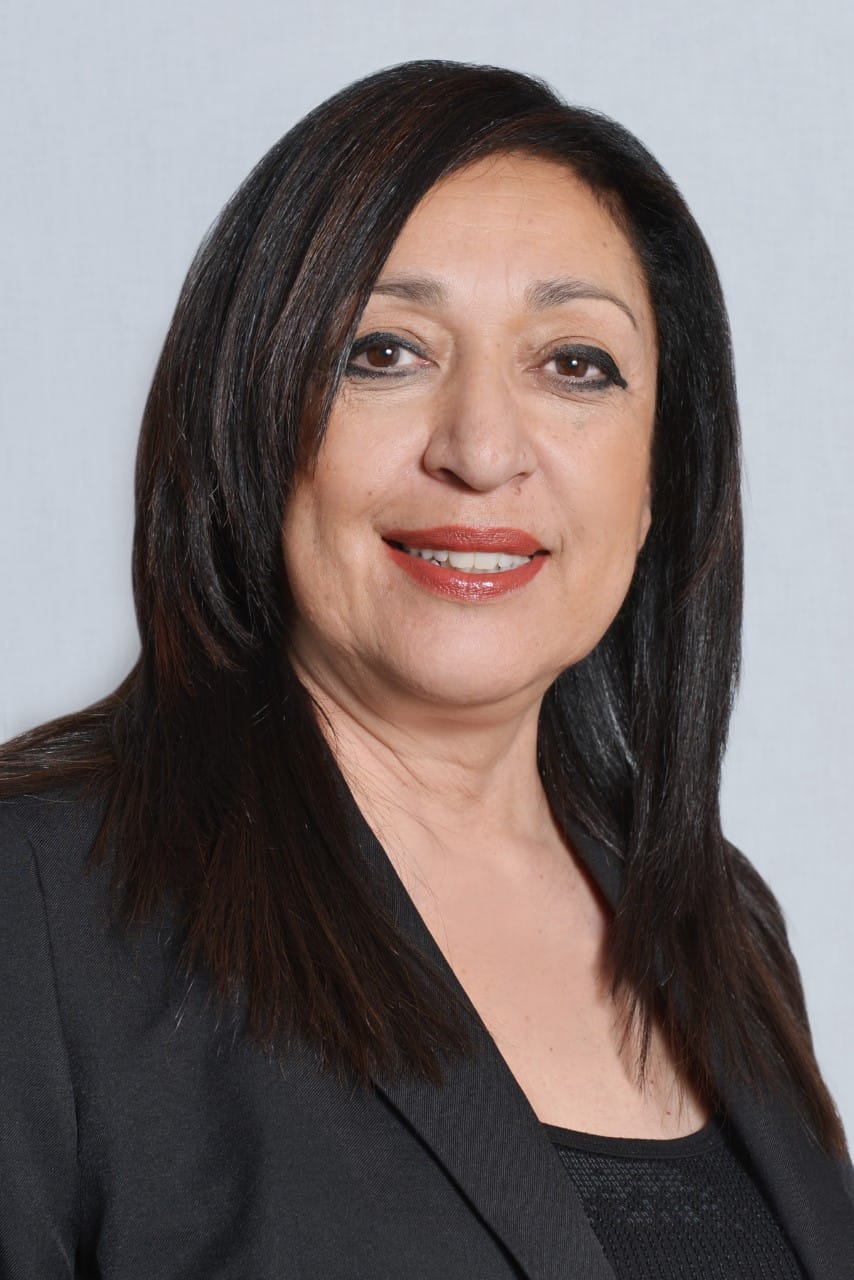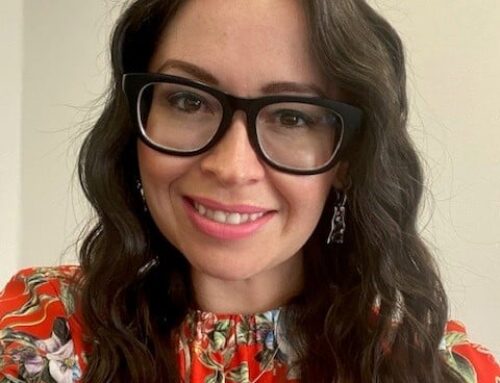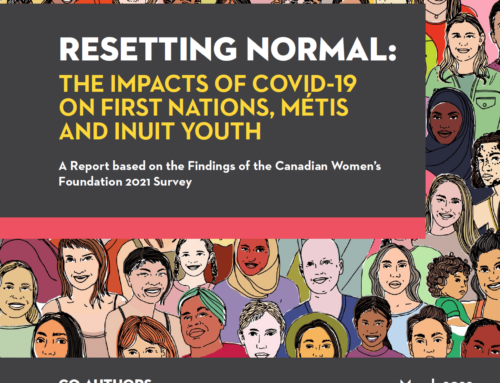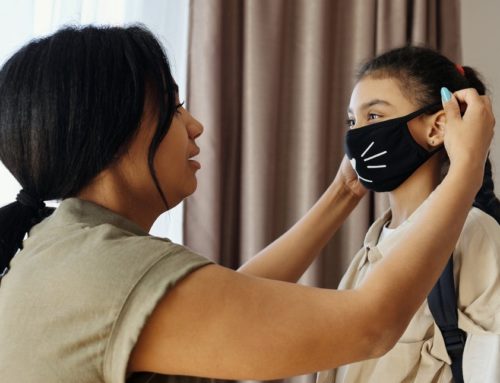When COVID-19 hit, WEST of Windsor knew they had to find a way to quickly adapt to meet the needs of their community.
WEST provides employment training and support for women living on low incomes, who are unemployed or underemployed. The Canadian Women’s Foundation supports their CNC Industrial Mechanic Millwright Pre-Apprenticeship Certificate Program for Women, which facilitates the entry of women into the millwright and machining trade.
We spoke to their Executive Director, Rose Hurst, about how they’re continuing to train and employ people during this challenging time.
Tell me a little bit about WEST of Windsor. What kind of work do you do?
The work we do has always been and continues to be so important.
We provide a broad range of full–time and part-time programs, and we’ve always incorporated technology. Back in the 1980s that might have meant an electric calculator and a typewriter. Then we started to get donated computers, and now we have 4 computer labs here at our organization and many laptops that we can use. Incorporating technology is an essential part of transitioning to work, and self-sufficiency.
We also do a wide variety of settlement and integration programs for newcomers, including language classes, we have employment training programs, we offer subsidies to employers that hire clients, and more.
This is a difficult time for many. What are the unique challenges that the women you serve are facing during the pandemic?
This has been a big shift for everyone, because as a community-based organization we’re a real hands-on kind of organization, offering services in person, mostly in our classrooms here.
We had to find ways to work without files and databases until we could set up some new workarounds while supporting our clients with understanding health risks and COVID safety measures, applying for financial supports, and transferring our settlement services and other programs to Zoom. Luckily, we had the foresight to ensure we had our participants, students and teachers connected via text and email in case this happened.
One to one support was desperately needed by our clients. We had a lot of education to do to insure clients understood and were following COVID safety precautions. We assisted two families that tested positive for COVID through the process of getting tested and having groceries and support delivered in coordination with our public health unit. Sadly, one of the families lost the father of five children to COVID.
Our clients went from attending in-class programs with day care, to being at home and managing their classes via zoom. We have even had to find ways to provide online daycare! Children and teens were also calling in for support with how to get laptops from the school board so they could attend school. Older children and teens often required step-by-step support with their homework which their parents could not provide. With the loss of daycare and school, many of our clients could not work or had to stop looking for work during the lockdown.
The biggest challenges our clients have faced, I would say, are access to technology, isolation, and a lost sense of connectiveness. Agencies like WEST offer more than training, we’re often a place where people find friendships, and that’s so important when it comes to living a full, happy life.
Are there ways that you’ve adjusted to meet those needs?
We are getting ready to meet the challenge by innovating and creating programs that incorporate safer outdoor settings with distance, because we know the need for physically distanced contact is essential for the wellbeing of our clients and our staff. We are also thinking about new ways to combine safety, digital and interpersonal contact in a re-envisioned office setting. So hopefully, we will have some better supports in place as we move through this next phase.
Every week our team sends in success stories of people that are really thriving in this learning environment. Maybe they were a newcomer in a language class, at a literacy level where they were not able to participate much in the classroom, but now they’re engaging with their teacher and other classmates online. They’re more comfortable and confident learning remotely. We’re pretty sure that now, whenever we’re able to come back to the office, we’re going to want to do some things online, because it has such a big positive impact.
Through it all we have kept sharing stories of success from our Gender Equality project on our website. Having our staff interview others about their lives, and share podcasts about the things they have learned, has been very positive. But we miss the connectedness we had when we all worked under one roof.
We know that our work can be hard, but it’s the resilience of the participants that we have the privilege of working with that make it all worth it. We’ve been able to engage with the participants remotely, and it’s made a wonderful difference.
We’ve been thinking a lot lately about what we want our post-pandemic world to look like for women and girls, and how we can build gender-equality into our pandemic recovery efforts. What’s one thing you’d like to see change for the women and girls as a result of the pandemic?
If we want to promote and work towards a more gender-equal world, then we need more allied organizations and partners. We need the companies we work with here to actually walk the walk, not just talk the talk. At WEST, we work with employers in the community, and we rely on those partners to open doors, to give clients opportunities, and to give them a real seat at the table. For us, that has to be at the forefront.
Learn more:







